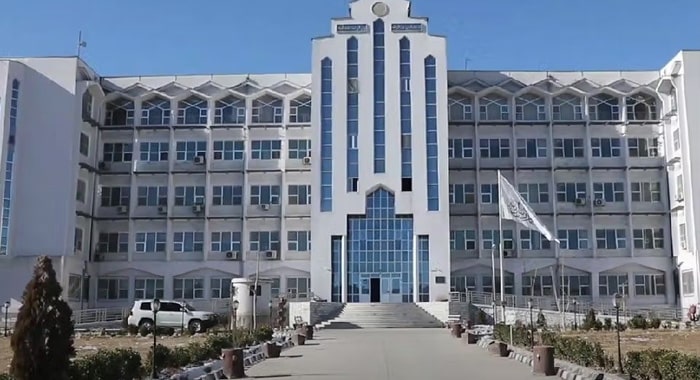The Taliban’s Ministry of Justice has announced the enactment of 10 new laws over the past three and a half years, all of which have been approved and enforced by the group’s leader, Hibatullah Akhundzada. These laws, now officially published in the national gazette, have sparked widespread criticism for their impact on human rights, especially the rights of women and girls.
Among the most contentious of the new laws is the one related to the propagation of virtue and prevention of vice, which imposes severe restrictions on personal freedoms and human rights. The law has faced significant opposition for its curtailing of women’s rights, further exacerbating the international community’s concerns since the Taliban’s takeover of Afghanistan in August 2021.
Since the Taliban seized power, they have dismantled nearly all legal structures set by the previous Afghan government, including the constitution, opting instead for a series of decrees and directives issued by Mullah Hibatullah, now considered binding law. The Ministry of Justice’s recent statement also mentioned several other laws enacted under the Taliban’s rule, including those concerning complaints, land usurpation, the financial services sector, industrial zones, and leasing of “Emirati” lands. While similar laws existed under the former administration, the Taliban have overhauled them entirely, with a focus on aligning them with their strict interpretation of Islamic law.
The ministry also highlighted that it has issued four procedural guidelines, one charter, and dozens of decrees since 2021, many of which directly target women’s rights and personal freedoms, drawing widespread condemnation both within Afghanistan and abroad.
The legislative process has been grounded in Quranic principles and Hanafi jurisprudence. Over the past four years, the Taliban’s Ministry of Justice claims to have reviewed and finalized 119 legislative documents, with another 196 undergoing analysis based on Islamic texts. This includes revisions to the Police law, regulations on prisons, mining laws, and labour laws, all of which are now enforced under the Taliban’s interpretation of Islamic governance.
Despite nearly four years in power, the Taliban’s government remains unrecognised by the international community, including Pakistan, and continues to face growing criticism for its rigid interpretation of Sharia law. The regime’s harsh stance on women’s freedoms, particularly its ongoing bans on education for girls and women, has led to internal divisions within the Taliban leadership. Notably, figures like Deputy Foreign Minister Sher Mohammad Abbas Stanekzai have openly opposed such policies, reflecting a growing discontent within the Taliban ranks.
As the Taliban continue to enforce these new laws, the international community remains deeply concerned about the future of human rights and personal freedoms in Afghanistan. The regime’s isolation, both domestically and internationally, underscores the growing pressure on the Taliban to reconsider its legal and political direction.





